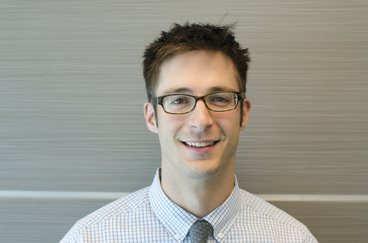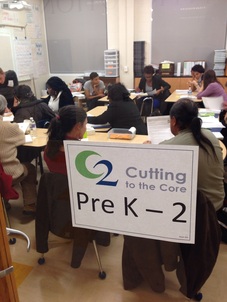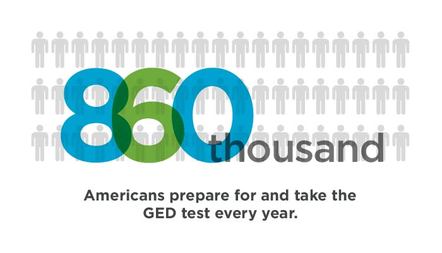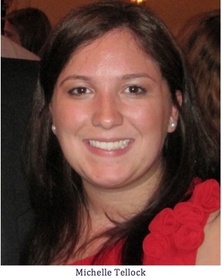 Credit: Bill Day
Credit: Bill Day The Minnesota native started his teaching career in Maine before coming to D.C., where he has been at Two Rivers Public Charter School for the past three years. With wisdom from nine years of teaching, Bill shares his views on the Common Core and the future of math education and also gives us a sense of what’s to come during his Teacher of the Year tenure.




 RSS Feed
RSS Feed